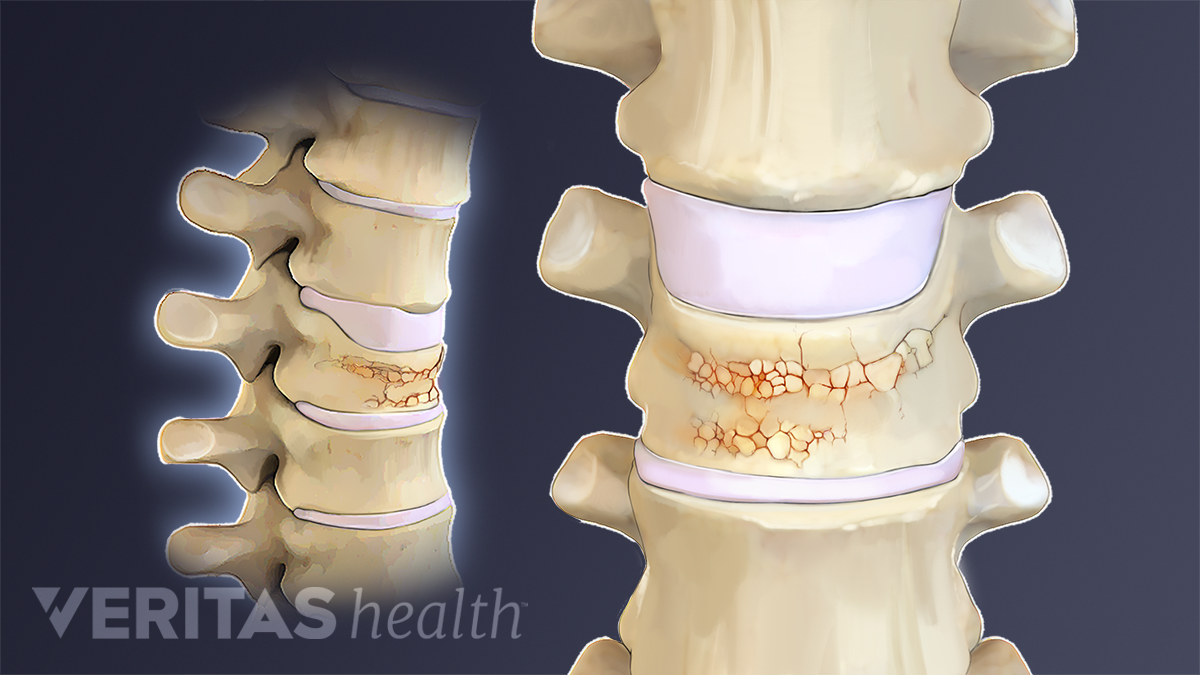If you only do one way to improve your health, strength training must be at the top of the list. It involves one or more muscular groups doing a specified action, such as weight lifting or squat. Strength training has become an integral aspect of most workout routines, thanks to a growing body of evidence demonstrating its numerous advantages. If you’ve ever contemplated strength training, you might be wondering how it can help you live a healthier life. Strength training, sometimes called weight or resistance training, is a form of exercise that means working a certain muscle or muscle group with external resistance such as dumbbells, weight machines, or your own body weight in order to improve muscular strength and fitness.
Strength training has a number of advantages that can help you enhance your health and fitness. Strength training is beneficial to men and women of all ages. Two or three 20- or 30-minute strength training sessions each week can result in major health benefits:
INCREASED MUSCLE MASS
Although muscle mass typically declines as people become older, strength training can assist to reverse this trend. Increased lean muscle mass, lower body fat percentage, enhanced stamina, quickness, and overall health are just a few of the most popular weight-lifting benefits. Your fitness goals, experience, and metabolic profile will determine how much you should lift and for how many reps. As per a study in the journal of Bone and Mineral Research in October 2017, just 30 min of maximum resistance and affect training twice a week improved functional performance, as well as bone mass, structure, and strength in postmenopausal women with low bone mass — with no negative consequences.
INCREASES METABOLISM
Strength training is an effective technique to increase your Basal Metabolic Rate (BMR), which is the rate at which your body burns calories at rest every day through critical functions. You will burn more energy not just during your workout, but also later, if you choose resistance weights. According to Westcott, “inactive persons lose 3 percent to 8% of their muscle mass per year, along with a decrease in resting metabolism and fat accumulation.” For 10 weeks, strength training can increase muscle weight by 1.4 kg, resting body’s metabolism by 7%, and fats mass by 1.8 kg.”

PROTECTS BONE HEALTH
According to findings published in the Journal of Bone and Mineral Research, high-intensity resistance and impact training can enhance bone density, shape, and strength, as well as functional performance in postmenopausal women with low bone mass. These improvements were achieved over the course of eight months of twice-weekly 30-minute workouts. Women assigned to the high-intensity, supervised training showed significant improvements in lumbar spine and femoral neck bone mineral density, as well as femoral neck cortical thickness and height, when compared to control participants who completed a home-based, low-intensity exercise programme. Resistance training increases bone strength and reduces the chance of fractures.
HELPS KEEP THE WEIGHT OFF FOR GOOD
Strength training can assist exercisers lose weight faster than aerobic exercise alone, according to Pire, since it increases surplus post-exercise oxygen consumption. “The metabolism remains active for much longer after a strength or training workout than it does after a cardio session.” Although thin muscle is more active in general, this is the case. “You’ll burn calories if you do have higher muscle mass – even if you’re sleeping,” he explains. A study published in the journal Obesity in November 2017 indicated that dieters who completed strength training activities four times a week for 18 months lost the fattest compared to dieters who didn’t exercise and those who just did aerobic exercise arrow pointing up. When strength training is combined with calorie reduction through nutrition, you may be able to lose even more body fat.
STRENGTH TRAINING AIDS IN THE DEVELOPMENT OF GOOD BODY MECHANICS
Strength training will assist you improve your posture and body mechanics. More importantly, if you have poor flexibility and balance, strength training can reduce your chance of falling by up to 40%, which is an essential benefit as you age. Strength training provides numerous advantages in addition to the appearance of toned muscles. Your posture will improve as well as your balance and coordination. It can help with flexibility and balance issues.

BOOSTS ENERGY LEVELS AND IMPROVES YOUR MOOD
Strength exercise will increase your endorphin levels, making you feel amazing. Strength training has also been found to be an effective antidepressant, as well as a means of improving sleep and overall quality of life. Endorphins are neurochemicals produced by the neurological system and pituitary glands that act as natural pain relievers and pleasure inducers, according to Health line. Strength exercise, according to Swan, releases endorphins, which battle worry, stress, and despair while also improving your general mood. “Blood flow, muscle ‘swelling,’ and work and effort paying off will always brighten your mood,” Swan said. “You feel accomplished after that last rep, and your image confirms it.”
{{CODE2}}










